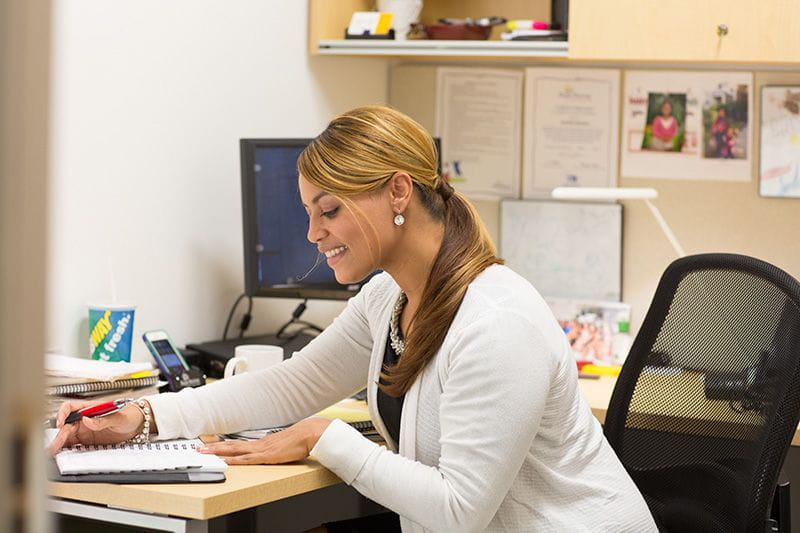And for many women, the answer is often, no.
Why? In a word...guilt. Read through the comments section of any newspaper or magazine article on the subject and you'll find no shortage of opinions about why mothers should stay at home. A whole book on the subject climbed the charts last year, with the author of the controversial "Being There" tome equating stay-at-home motherhood with the cost of parenthood. "When we make the commitment to having children," wrote the author, "we also need to make the commitment to care for them."
Forget for a minute that this is 2018; forget that many women need to work, and that many of them are their families' primary breadwinners; forget that the June Cleaver mom-in-an-apron model was but a blip in our societal history. In this day and age, we need women to work. And the arguments against working mothers simply don't hold up.
A sampling of philosophies on the subject and how they fall short:
Women who have children shouldn't work
In case you haven't heard, there's a talent war afoot. By 2020, word is there will be a shortage of five million workers. If you ax out women (half the population, by the way) your employee shortfall is going to jump exponentially. Plus, you're going to fall behind international competitors who are figuring the whole working-mother thing out.
Women who work shouldn't have children
Let's say you fill the talent shortage only with ambitious (and childless women). What happens to our future generations? In short; we won't have one. We're already experiencing a baby bust, with the lowest fertility rate in decades. Want to see the repercussions of continuing to travel this path? Check out Japan.
See the problem here?Need more? Consider what we're missing out on. A pair of economists looking at the matter called women "the most underused economic asset in the world." The same economists referenced a Pew study showing what's chasing a quarter of these women out. For many it was child care. It's no wonder that many women are doing the math and concluding that work is not in their favor.
More important, there's zero evidence that working mothers are harmful to children or that stay-at-home mothers are the only help. What has been shown is that children fare better when women are vital members of society.
Satisfied, engaged mothers - whether they drive commutes or car pools - are the key to happy children. And the easier we make it for women to ply their careers, the better off we'll all be.
So while we continue to ask women whether or not they should work at all, maybe the better question is...what can we do to help women work better?





